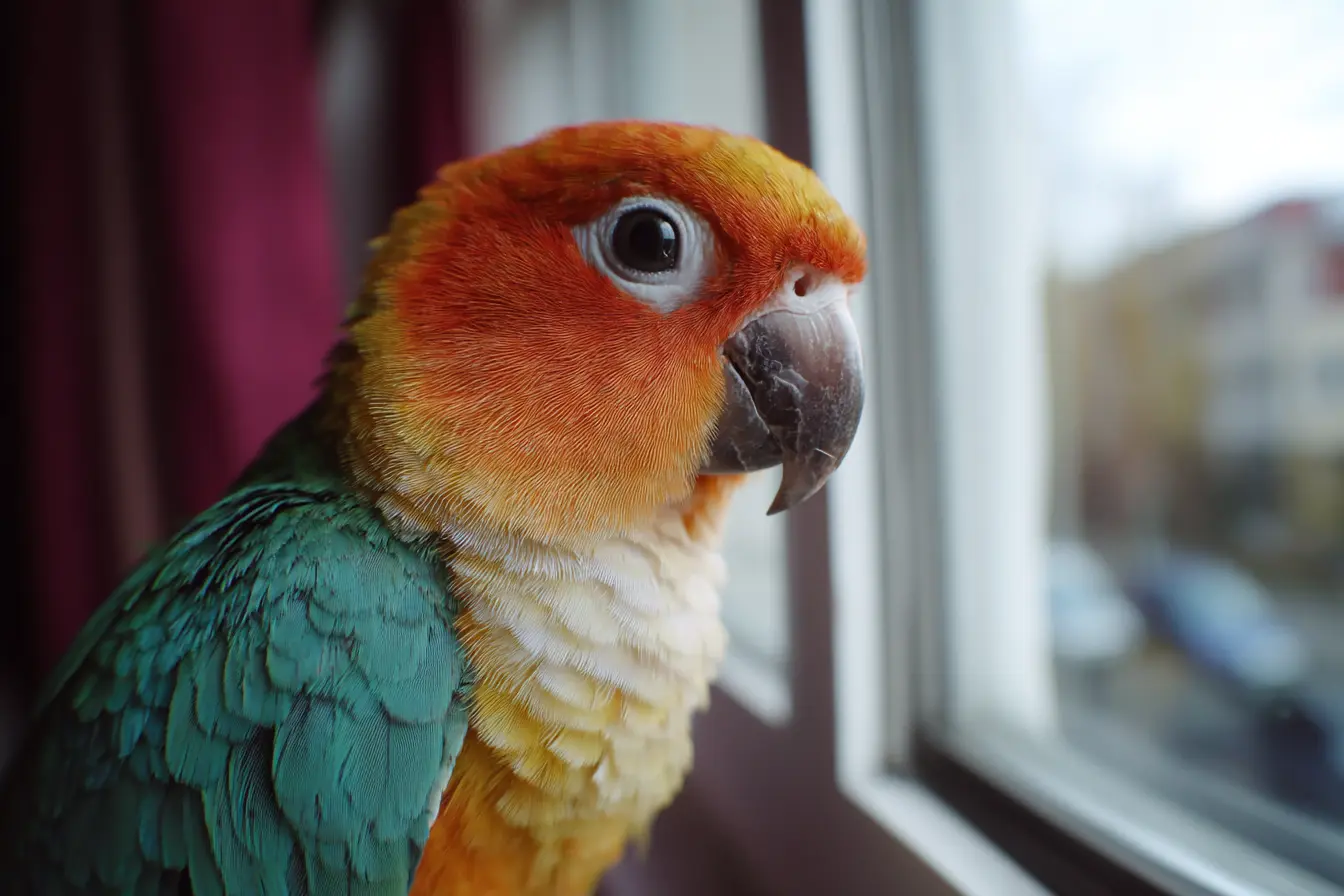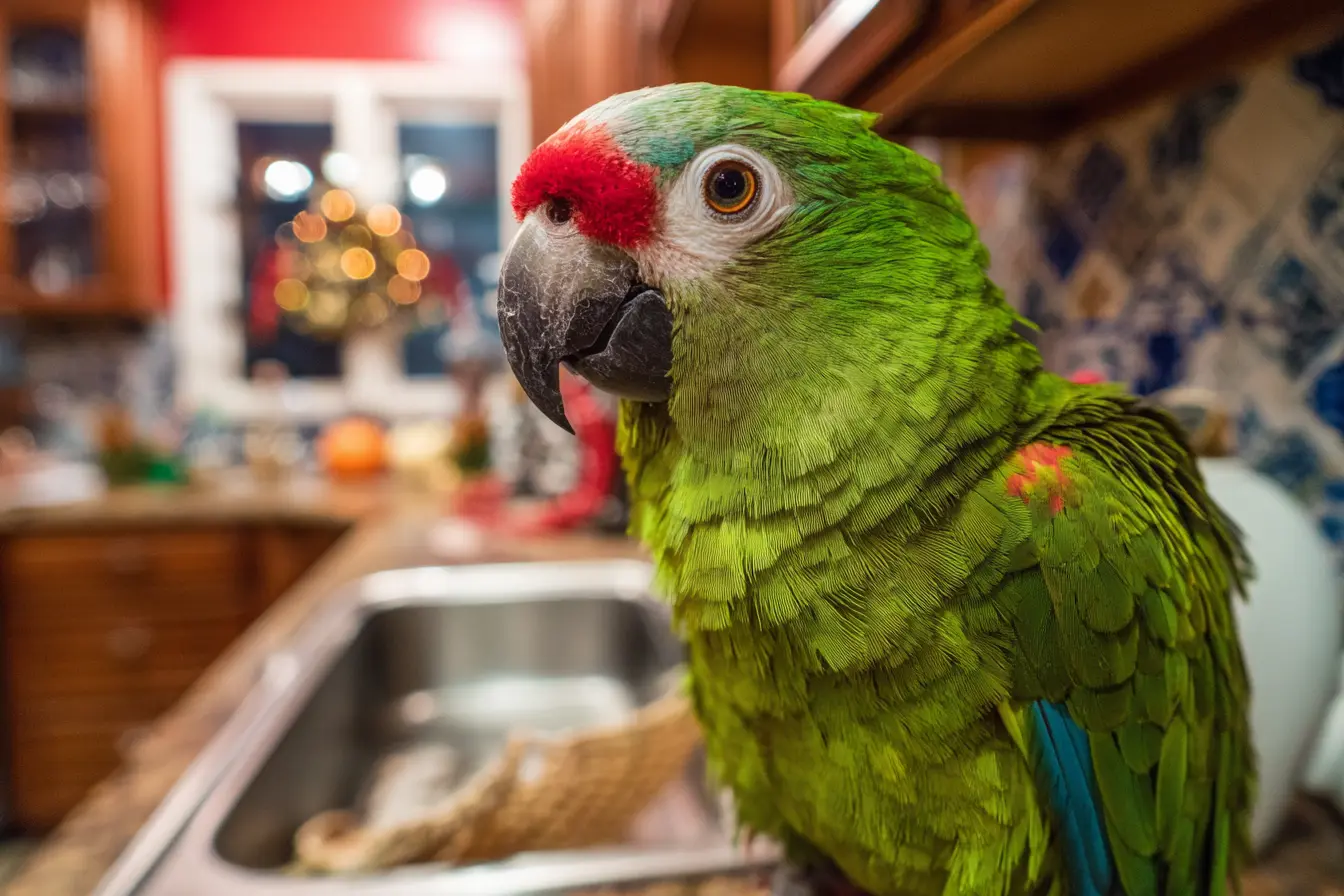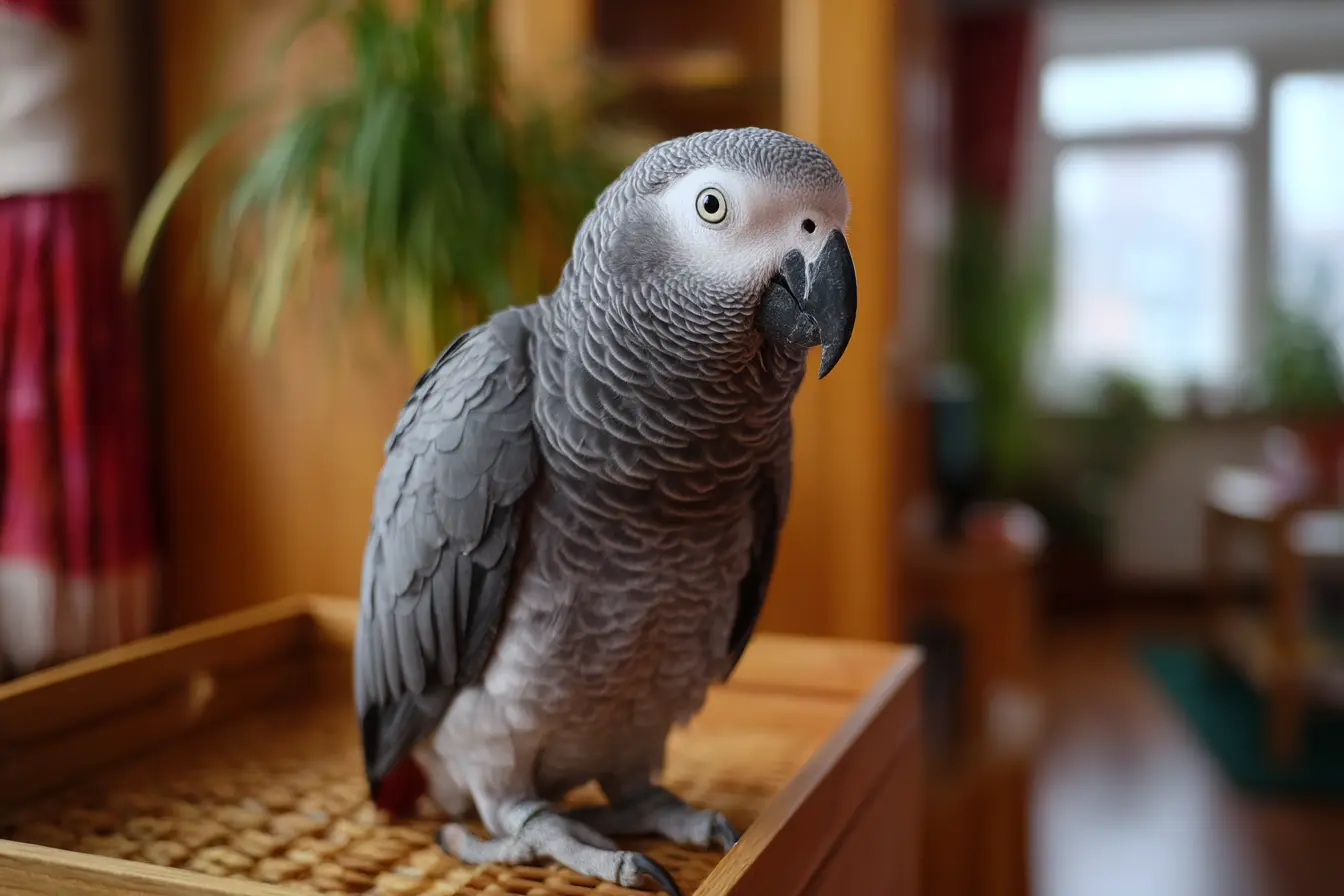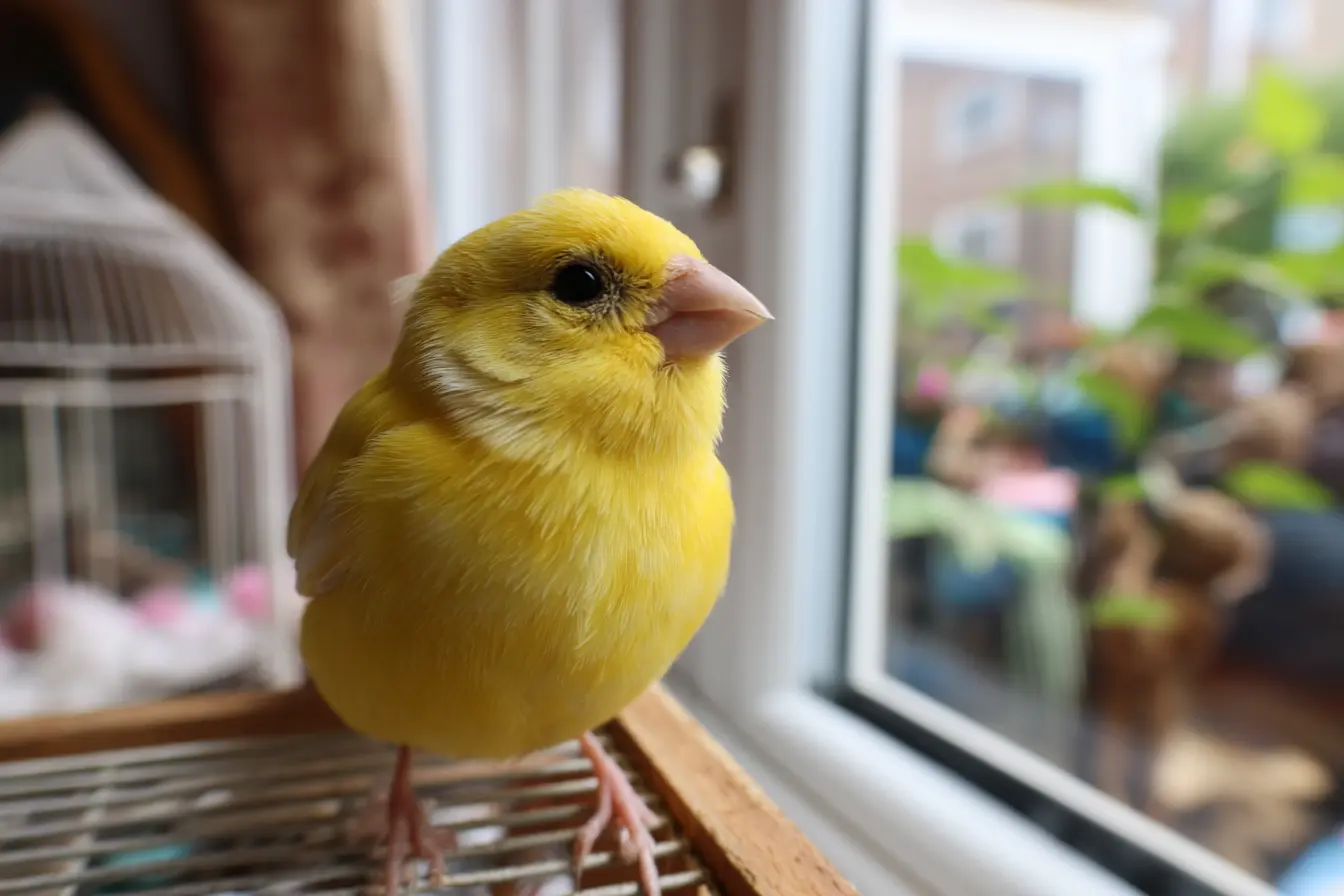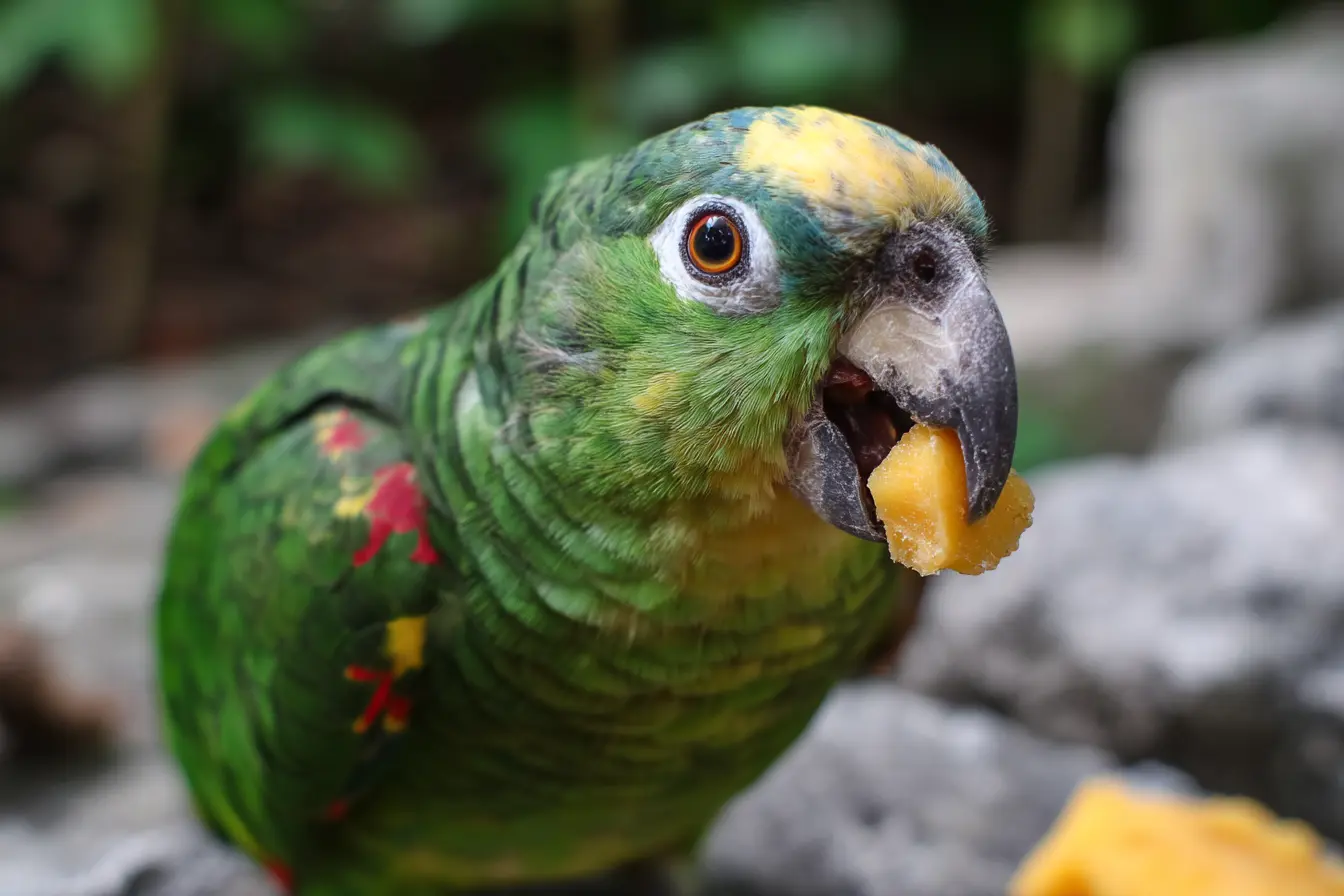
Diet and Nutrition for Pet Birds: A Complete Guide
Proper diet and nutrition are essential for the health and longevity of pet birds. A well-balanced diet supports strong immune function, vibrant feathers, and overall well-being. Many common health issues in birds, such as obesity, malnutrition, and feather plucking, stem from improper feeding habits.
Understanding the specific dietary needs of pet birds can help owners provide the best possible nutrition for their feathered companions.
The Importance of a Balanced Diet
A balanced diet is vital for preventing disease, supporting energy levels, and maintaining healthy feathers and beaks. Birds have high metabolic rates and require a diet rich in essential vitamins, minerals, proteins, and healthy fats.
Many bird owners mistakenly rely solely on seeds, which can lead to nutritional deficiencies and health problems. A varied diet that includes pellets, fresh fruits, vegetables, and occasional protein sources ensures that birds receive the nutrients they need.
Key Components of a Healthy Bird Diet
Pellets
High-quality formulated pellets should form the foundation of a bird’s diet, as they are specifically designed to provide balanced nutrition. Pellets prevent selective eating, ensuring birds consume the correct proportions of vitamins and minerals.
Pellets should make up 60 to 80 percent of the diet, depending on the species. Choosing natural, dye-free options with minimal artificial additives is best.
Seeds
While many birds love seeds, a seed-only diet is unhealthy and can lead to obesity, vitamin deficiencies, and fatty liver disease. Seeds are high in fat and low in essential nutrients such as vitamin A and calcium.
Seed mixes can still be part of a bird’s diet but should be fed in moderation and supplemented with pellets, fresh produce, and protein sources.
Healthier seed options include millet, hemp seeds, flaxseeds, and chia seeds. Sunflower seeds and peanuts should be given sparingly due to their high fat content.
Fresh Fruits and Vegetables
Fruits and vegetables provide essential vitamins, minerals, and antioxidants. They should make up 15 to 25 percent of a bird’s daily diet.
Vegetables such as carrots, sweet potatoes, kale, spinach, peppers, broccoli, courgette, peas, and green beans are excellent choices.
Fruits such as apples (without seeds), bananas, berries, grapes, mango, papaya, melon, and pears are safe but should be fed in moderation due to their high sugar content.
Avocado should never be given to birds, as it is toxic.
Should Vegetables Be Cooked for Birds?
Most vegetables do not need to be cooked and are best served raw to preserve their nutrients. However, some harder vegetables or legumes may be lightly cooked or steamed to make them easier to digest.
Vegetables that should be served raw:
- Carrots
- Peppers
- Leafy greens (spinach, kale, bok choy)
- Broccoli
- Courgette
- Cucumber
- Peas and green beans
Vegetables that can be lightly steamed or cooked:
- Sweet potatoes
- Pumpkin
- Squash
- Butternut squash
- Beetroot
Steaming these vegetables softens them without losing too many nutrients. If cooking, avoid adding salt, butter, or oils.
Legumes that must be cooked:
- Lentils
- Chickpeas
- Beans (kidney beans, black beans, etc.)
Raw beans contain toxins such as lectins, which can be harmful to birds. Always fully cook beans before offering them.
In general, most vegetables are safe and nutritious in their raw form, but light steaming can make certain foods more palatable and digestible for birds.
Protein Sources
Protein is essential for muscle development, feather growth, and immune support. Birds can get protein from various sources, depending on their species and dietary needs.
Good protein sources include boiled eggs, cooked lentils and chickpeas, mealworms for insectivorous birds, and small amounts of cooked chicken or fish for larger parrots. Protein intake should be limited for species that do not naturally consume much animal protein in the wild.
Healthy Fats
Birds require healthy fats for brain function, feather condition, and skin health. Omega-3 and omega-6 fatty acids are particularly beneficial.
Sources of healthy fats include nuts such as almonds, walnuts, and cashews in small amounts, as well as seeds such as hemp, chia, and flax. Coconut, in its unsweetened form, can also be a good addition. Salted or flavoured nuts should be avoided.
Calcium and Mineral Supplements
Calcium is vital for bone strength, egg-laying birds, and beak health. Many birds suffer from calcium deficiency, leading to problems such as weak bones, egg binding, and poor muscle function.
Sources of calcium include cuttlebone, mineral blocks, crushed eggshells, and dark leafy greens such as kale, spinach, and bok choy.
Calcium absorption requires vitamin D, which birds can get from natural sunlight or full-spectrum UVB lighting indoors.
Foods to Avoid
Some foods are toxic or harmful to birds and should be strictly avoided.
- Avocado is highly toxic and can cause heart failure
- Chocolate contains theobromine, which is deadly to birds
- Caffeine can cause heart problems and hyperactivity
- Onions and garlic can cause digestive issues and toxicity
- High-sugar or salty foods such as crisps and sweets are harmful
- Dairy products should be avoided as birds are lactose intolerant
- Raw beans contain toxins that can be fatal unless cooked properly
Hydration and Water Needs
Clean, fresh water should always be available. Birds can become dehydrated quickly, so it is essential to:
- Change drinking water daily
- Use filtered or dechlorinated water if tap water is high in chlorine
- Avoid sugary drinks or flavoured water additives
- Provide bathing opportunities to help maintain skin and feather health
Some birds prefer drinking from shallow dishes rather than water bottles, so observe which method your bird prefers.
Species-Specific Dietary Considerations
Different bird species have unique dietary requirements.
- Budgerigars and cockatiels need a mix of pellets, seeds, and vegetables, with limited fruit
- African greys require higher calcium intake due to their susceptibility to calcium deficiency
- Macaws benefit from a higher-fat diet, including nuts and seeds
- Canaries and finches prefer small seeds, leafy greens, and occasional egg food for protein
- Lorikeets require a nectar-based diet with fresh fruit and pollen supplements
Transitioning to a Healthier Diet
If a bird is used to a seed-only diet, switching to healthier foods requires patience. Gradually introduce pellets and fresh foods by mixing them with familiar seeds. Birds may take weeks or months to accept new foods, so persistence is key.
Steps for a smooth transition:
- Mix pellets with seeds, gradually increasing the pellet ratio
- Offer fresh fruits and vegetables daily, even if the bird initially ignores them
- Model eating behaviour, as birds are more likely to try foods they see their owner eating
- Use foraging toys, stuffing them with fresh food to encourage curiosity
Final Thoughts
A balanced diet is crucial for a pet bird’s health, longevity, and happiness. By providing a variety of pellets, fresh fruits, vegetables, protein sources, and calcium supplements, bird owners can ensure their feathered companions receive all essential nutrients.
Understanding species-specific dietary needs, avoiding harmful foods, and offering plenty of fresh water and mental enrichment will help maintain a bird’s well-being for years to come.
Regular vet check-ups and dietary adjustments based on age, activity level, and health condition will further support a bird’s nutritional health. With the right care, pet birds can thrive on a diverse and nutritionally rich diet.
Vets near you
Speciality vets
- Aquatics vet specialists
- Birds vet specialists
- Camelids vet specialists
- Cats vet specialists
- Cattle vet specialists
- Deer vet specialists
- Dogs vet specialists
- Equines vet specialists
- Exotic vet specialists
- Goats vet specialists
- Pigs vet specialists
- Poultry vet specialists
- Sheep vet specialists
- Small Mammals vet specialists
- Wild vet specialists
Vet facilities
- Accessible by public transport
- Blood testing
- Car park nearby
- Client car park
- Dentistry
- Diagnostic imaging
- Disabled public access
- Flea and worm treatments
- Microchipping
- Mobile services
- Neutering
- Open at weekends
- Out-of-hours service
- Referral interests
- Referrals only
- Street parking outside
- Toilets available
- Vaccinations
